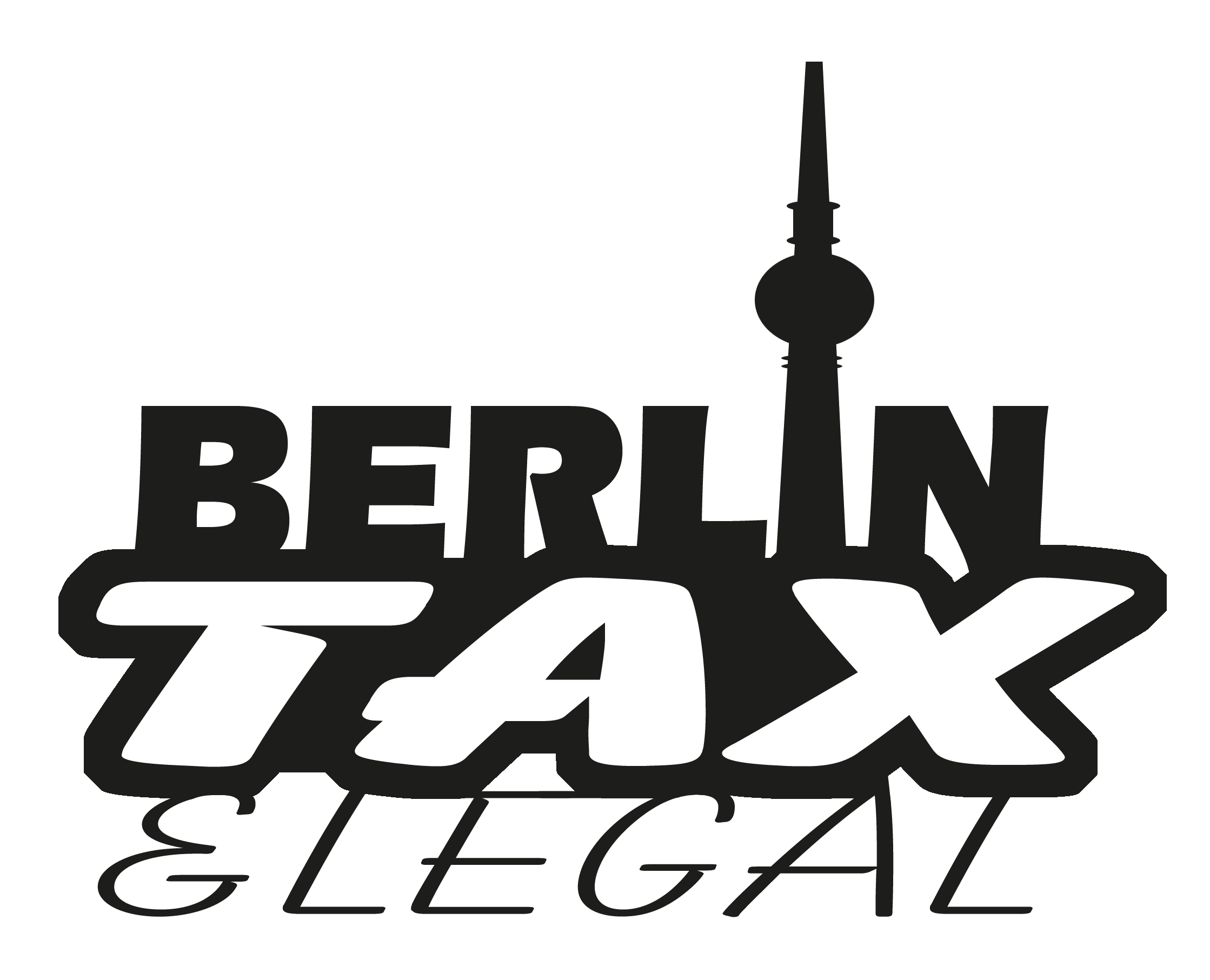The end of the Angela era
Angela Merkel, in office for more than 13 years now, will not run again for chancellor again in the Federal German elections scheduled for late September 2021 (date to be confirmed). The German economy is still doing good. The public’s focus is on issues such as the Brexit debate.
These are the reasons why not much “tax law reform” is happening at the moment in Germany. Tax law is not on top of anybody’s agenda at the moment.
A few thoughts on where we stand at the moment:
- Real estate transactions might get even tighter tax rules. For your information, acquisition of real estate in Germany is not subject to VAT (unless you opt for it, being an entreprenur) but to Real Estate Transfer Tax (RETT) at rates from 3.5 up to 6.5% (read here under 4.). Large investors operate through special entities (special purpose companies) that acquire real estate. In an exit, the investor will not sell the property, but the shares in the company. If the investor sells just 94% of the company’s shares, no RETT is triggered. The remaining 6% are the “RETT blocker” as only an acquisition of 95% or more in a company owning German real estate triggers RETT. Well, initiated through a few Länder, these rules might get further tightened: The threshold may go down to 90% (rather than 95%) and “holding periods” will be further extended.
- Apple/Google/Facebook/Starbuck’s/IKEA royalty structure: Since 2011 an international discussion on minimizing local tax burdens through license structures is going on. Many multinationals make good many in Germany but pay almost no taxes. Profits are offset inter alia against charges for (trademark /franchising) license payments. This is the general perception in Germany. This may be partially true but from a technical perspective it is far more complicated. The reason why this “works” is primarily not an issue of German but of foreign tax regimes. I discuss this in technical seminars, e.g. in mid-February 2019 in Frankfurt. What Germany is doing now is to limit deductions from royalty payments (i) for trade-tax purposes as well (ii) for income tax purpose through the Lizenzschranke rules (license-barrier rules pursuant to § 4j EStG effective as of 1 January 2018. The objective is to come to an international approach on further tackling the problem (on OECD and/OR EU level) by 2021.
- German property tax (annually charged on German real estate you own) needs reform due to constitutional reasons. There are proposals on the table, but nothing has been decided on. Technically and politically it is not easy to change (replace) the existing rules.
- Other technicalities have been changed. The deadline for filing tax returns was extended to 14 months (if you use a tax law advisor). Morover, taxpayers increasingly being asked to file any tax return electronically. And so on.
Let’s wait for the German economy to turn sour and/or a new chanecellor take office (due in late 2021 at the latest) before the next wave of “tax law reforms” hits Germany. For investors and residents, a pause on the tax reform front should be good news. (Of course, tax rates are always too high).

Leave a Reply